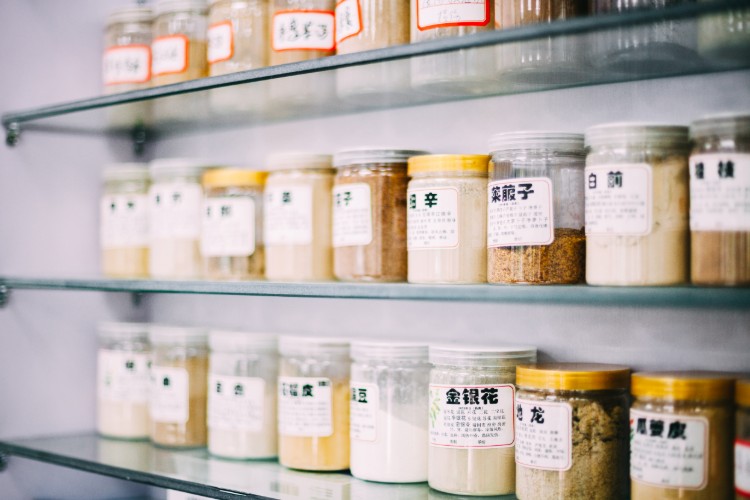Traditional Chinese medicine must be regulated, EU Government warned

Traditional Chinese medicine (TCM) must be regulated, health policy advisors have warned the European Government.
The Federation of European Academies of Medicine (FEAM) and the European Academies’ Science Advisory Council (EASAC) – which advise European policy-makers on healthcare and science – last week (7 November) issued a statement calling for TCM to be ‘held to the same standards’ as conventional medicine.
In June, the World Health Organisation (WHO) published a revision of its International Classification of Diseases, which will come into effect in January 2022, that includes a chapter on TCM.
FEAM and EASAC said the insertion of TCM, which includes practices such as acupuncture, tai chi, skin cupping and the ingestion of herbal products, could be ‘misconstrued’ as endorsement by the WHO.
In their statement, they urged European lawmakers to revise European regulatory frameworks to ensure TCM is ‘held to the same standards of proof and evidence as conventional medicine’.
Related Article: Updated NHS App to help patients manage prescriptions
Cannot be accepted ‘uncritically’
President of the Royal Swedish Academy of Sciences and chair of the expert group of the Academies, Professor Dan Larhammar, said the WHO’s inclusion of TCM in its framework does not mean it is ‘automatically safe to use without robust evidence’.
He added: ‘There have been examples where some TCM has undergone thorough preclinical investigation and proven in rigorous clinical trials to contribute significant health benefit – for example, artemisinin therapy for malaria.
‘There may be more leads to diagnosis and therapeutic benefit yet to be discovered, but this can in no way mean that other claims can be accepted uncritically.’
‘Serious’ risks
TCM can cause ‘serious’ side effects or interactions with other treatments, past president of EASAC Professor Jos van der Meer said.
He added: ‘Patients may be at risk that severe diseases are treated ineffectively and conventional medical procedures delayed.’
Related Article: Pharmacy First proves popular with public but supply issues cause concern
FEAM and EASAC recommended that national regulations are reformed to ensure TCM treatments are labelled and advertised in the same way as conventional medicines.
The statement said: ‘There should be an accurate, clear, verifiable and simple description of the ingredients and their amounts present in the formulation.
‘Promotional claims for efficacy, safety and quality should not be made without demonstrable and reproducible evidence.’
They also recommended that lawmakers amend the European Union’s directive on traditional herbal medical products to make it more rigorous.
Stretched budgets
Related Article: Community pharmacies can provide HPV vaccination from 2026
The statement added that increasing interest in TCM could stretch healthcare budgets further.
It said: ‘There is risk in misleading patients and doctors and in increasing pressures for reimbursement by public health systems at a time of limited resources.’
FEAM president Professor George Griffin said: ‘In the absence of solid scientific evidence, no medical product or procedure – be it Chinese, European or other - should be approvable, registrable or reimbursable.’

Have your say
Please add your comment in the box below. You can include links, but HTML is not permitted. Please note that comments are not moderated before publication and the views expressed are those of the user and do not reflect the views of The Pharmacist. Remember that submission of comments is governed by our Terms and Conditions. You can also read our full guidelines on article comments here – but please be aware that you are legally liable for any libellous or offensive comments that you make. If you have a complaint about a comment or are concerned that a comment breaches our terms and conditions, please use the ‘Report this comment’ function to alert our web team.